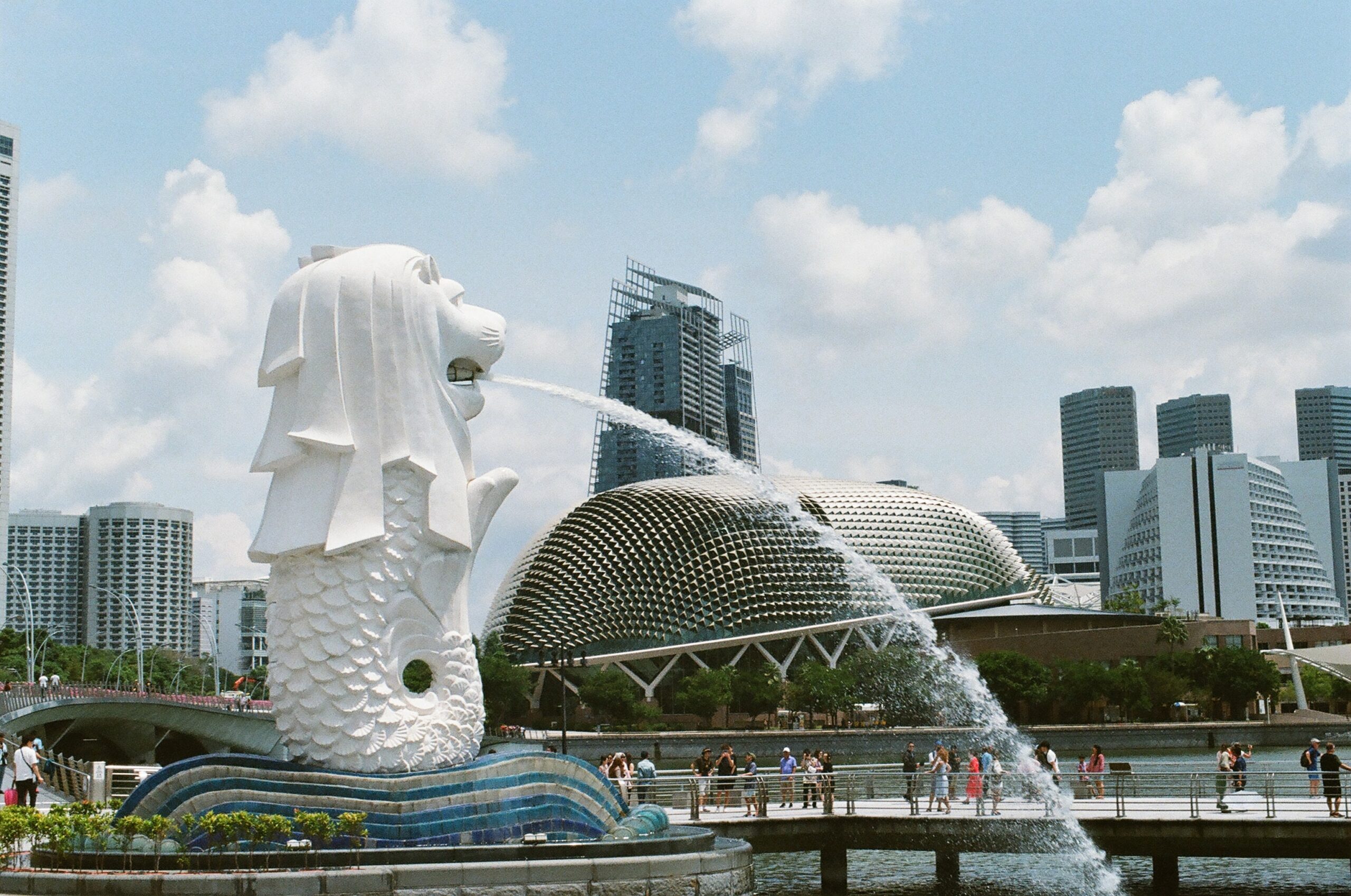
Singaporean women should think twice before freezing their eggs
The Singapore government recently announced that the age limit for egg freezing would be extended from 35 to 37 years of age. An article in the The Straits Times, “Elective egg freezing not the answer to S’pore’s fertility woes”, questioned the necessity of Singaporean women doing egg freezing, because research in other countries have shown that the overwhelming majority of women who freeze their eggs end up not using them.
Besides, a 2018 American study of around 500 women reported that about half of them later expressed regret afterwards.
Serious soul-searching is in order.
Sociological studies have shown that most women freeze their eggs because they are unable to find a suitable partner for child-rearing. Other common reasons include not being emotionally or financially ready to be a mother.
Women need to consider the psychosocial implications of their decision and — should the reason for elective egg freezing not come to fruition — what they plan to do with the unused eggs.
For instance, if they undergo egg freezing because they haven’t found Mr Right, what happens if they never find him? In Singapore, only legally married women can use their frozen eggs; IVF treatment for single women and same-sex marriages is banned. Unlike in many Western countries, de facto marriage via co-habitation with a live-in partner is not recognized by the legal system in Singapore.
What is a reasonable time frame for keeping eggs in storage? Should women wait until motherhood is neither desirable nor practical? For example, their remaining lifespan may not be adequate for bringing up the child to adulthood. They may find that they will be less able to cope with the rigors of child-rearing when they are older.
There are a number of options for disposing of frozen eggs, ranging from destruction, donation to another woman, donation for research, to single motherhood by exporting their frozen eggs overseas for IVF treatment with donor sperm.
The first three options assume that their investment in the freezing process, plus annual storage fees, was wasted. Therefore, it is advisable that they start considering what to do before starting the procedure.
There are complex psychosocial issues associated with donation of unused frozen eggs to another woman.
The last option of exporting frozen eggs for IVF treatment with donor sperm overseas is problematic, not only because of the social stigma associated with single motherhood in Singapore, but also because of various discriminatory policies and laws against single mothers.
For example, various government-funded pro-family incentives such as public housing subsidies, tax rebates and cash-gifts to new-born babies are available only to married heterosexual couples in Singapore, and not to single mothers-by-choice.
Sperm donor conceived children of single mothers would be considered illegitimate and not entitled to automatic inheritance rights to their single parent’s estate.
On a more personal level, they should consider whether they have adequate financial resources and family support to meet the challenges of single motherhood. Transport of their frozen eggs to an overseas clinic may impact success rates, because laboratory protocols for freeze-thawing may not be compatible.
Moreover, there is also a risk of damage during transport arising from unforeseen delays and accidents. These may not be issues that they fully understand or considered at the time of egg freezing.
If they choose to undergo egg freezing because they are unprepared emotionally and/or financially to have a child at present, it is necessary to consider what might happen if they don’t achieve their goals within a reasonable timeframe (particularly if they are also single at present). Goals may include a desire to prioritize career development before starting a family, building up personal savings to cope with the high costs of child-rearing, or having an extended period of independence and freedom.
They should weigh up the pros and cons. Is it better to trade a lower chance of achieving late motherhood via egg freezing for career advancement? Or is it better to attempt a natural pregnancy in the near future? There is also a financial cost to delay because of inflation.
Within the conservative sociocultural norms of Singaporean society, it would be considered selfish and irresponsible to delay motherhood via egg freezing just for the sake of lifestyle, leisure and travel. Family and friends may disapprove strongly.
Conversely, while considering egg freezing, they should also ask themselves whether they really desire to have children. Or are they instead being subjected to social and family pressure to have kids? This is not a trivial issue in conservative Asian societies such as Singapore, where there is a social stigma attached to unmarried and/or childless women. At the same time, they might also have doubts about investing their money, time and effort in the egg freezing lottery.
Freezing eggs is not a guaranteed path to motherhood. There is always a risk of remaining childless despite IVF, which could result in much distress and disappointment. On the other hand, some women who did not utilize their eggs managed to conceive naturally. This might possibly lead them to feeling as though they wasted their money, time and energy on the egg freezing procedure.
In short, egg freezing is a can of worms. Women, especially women in Singapore, should think twice.
Disclaimer: This article represents the views and opinions of Dr Alexis Heng in his own personal capacity, and is not connected to any institutions that he is affiliated with.
- Singapore should beware of the pitfalls of subsidizing private IVF treatment - February 29, 2024
- Singapore should ban reproductive applications of synthetic human embryos - January 4, 2024
- Singapore will need to confront ethical and moral dilemmas with artificial womb technology - December 13, 2023
